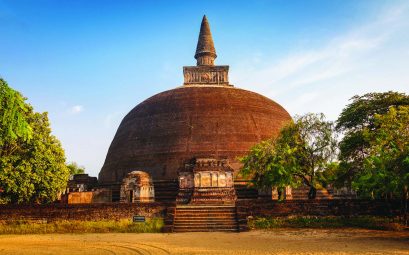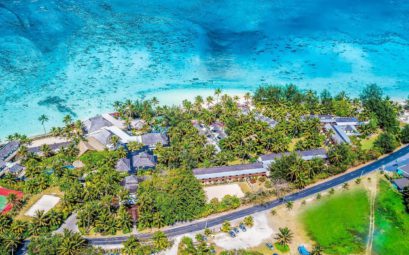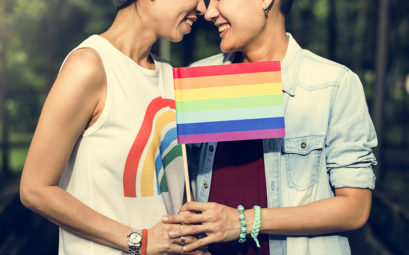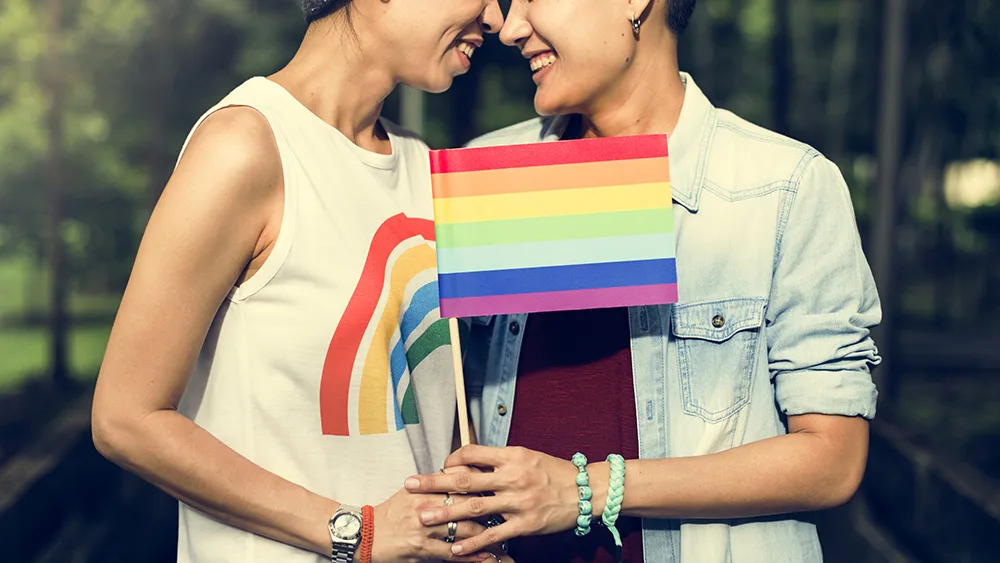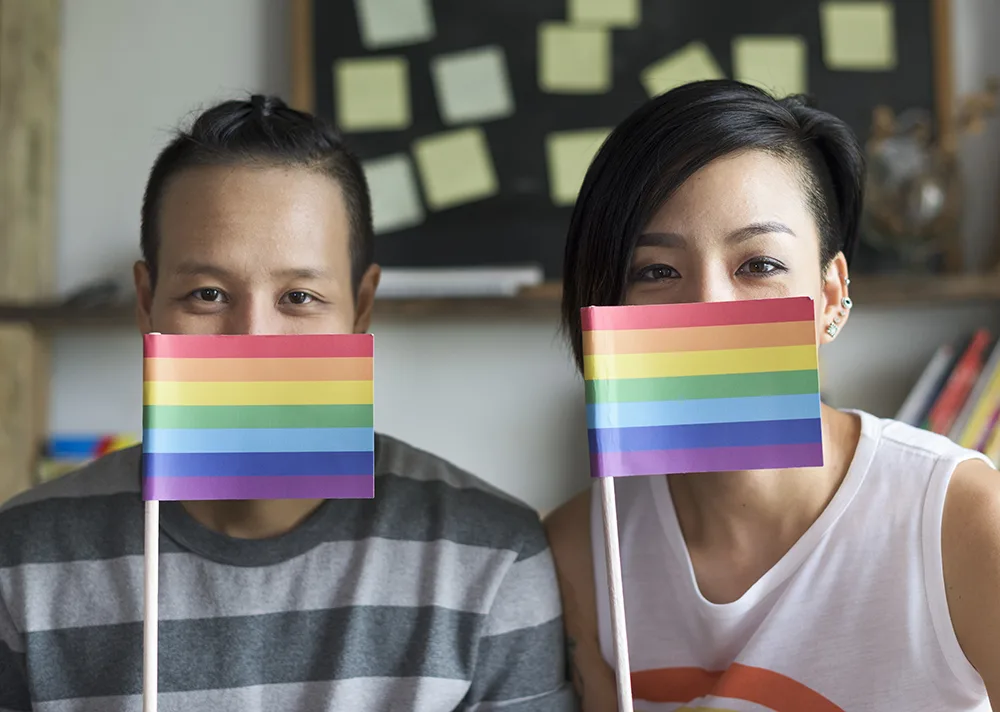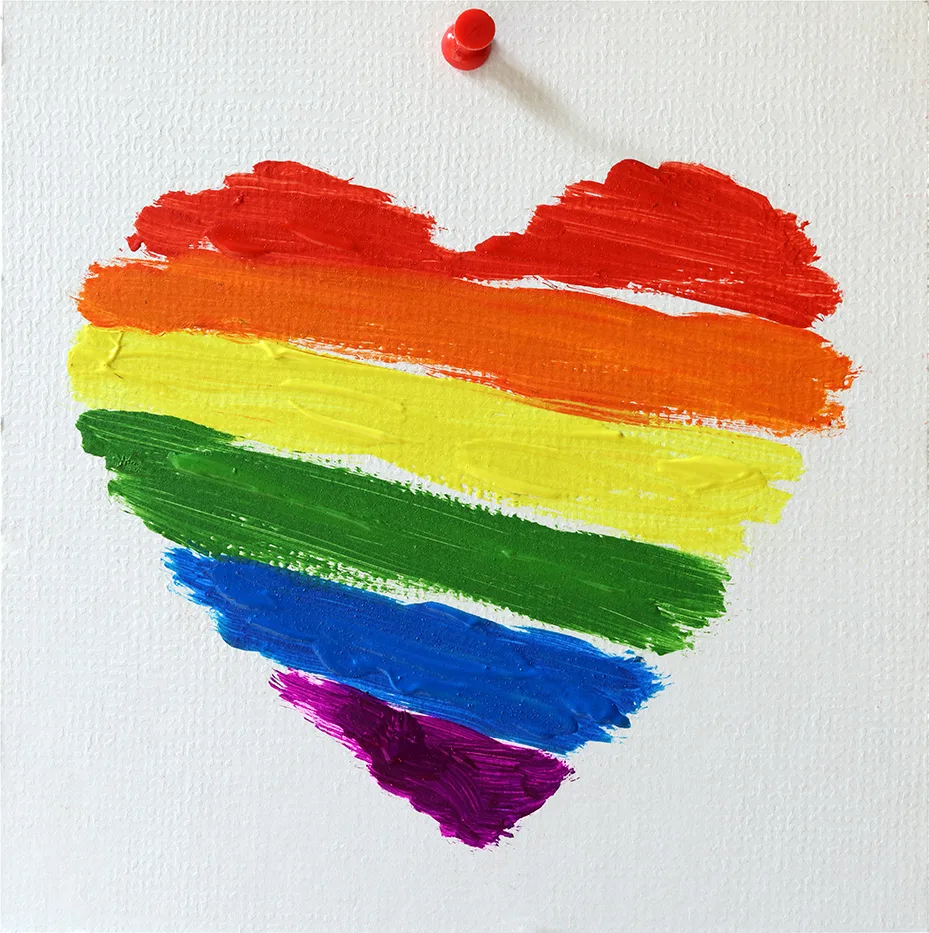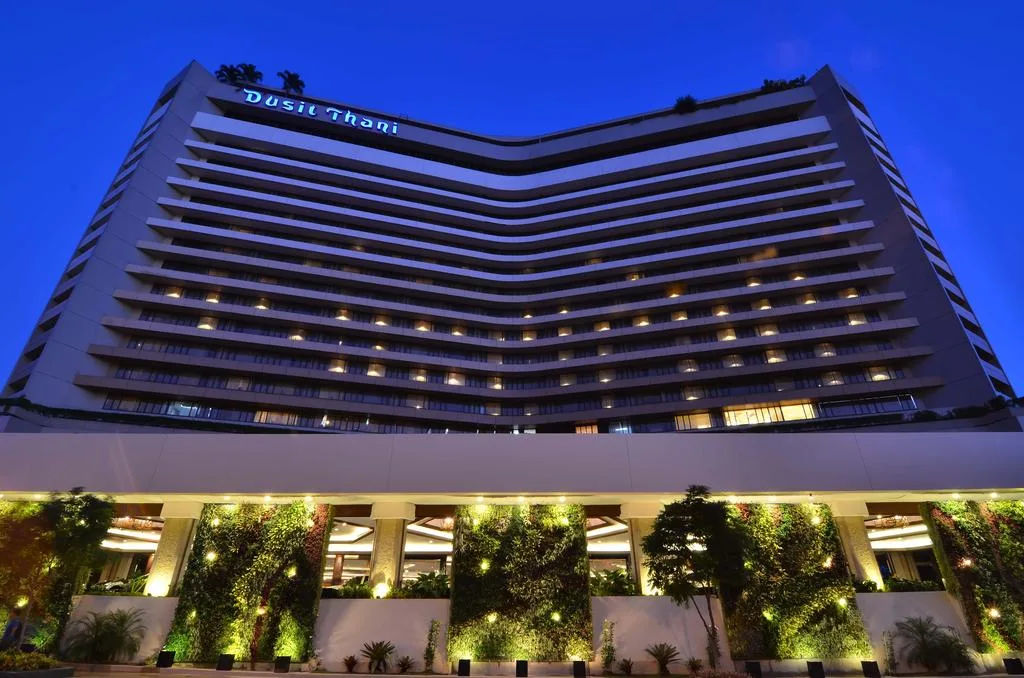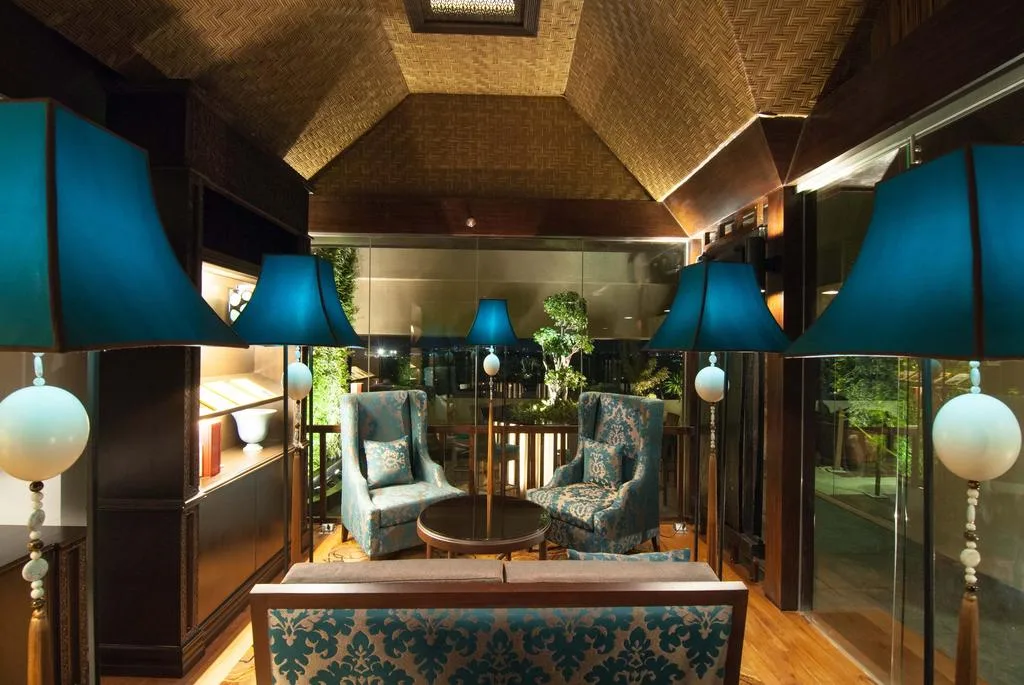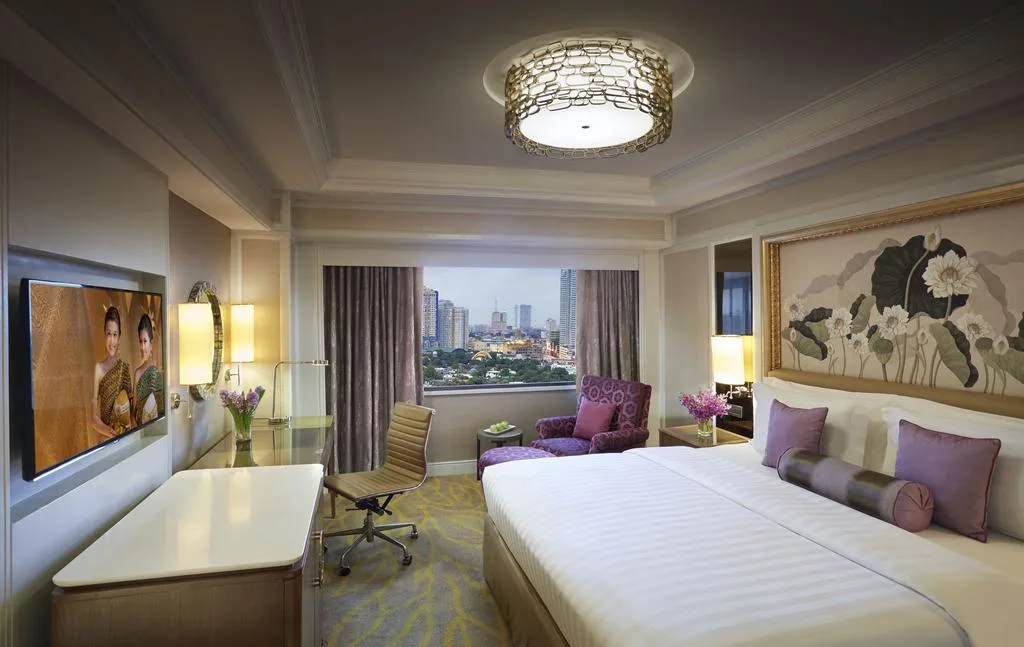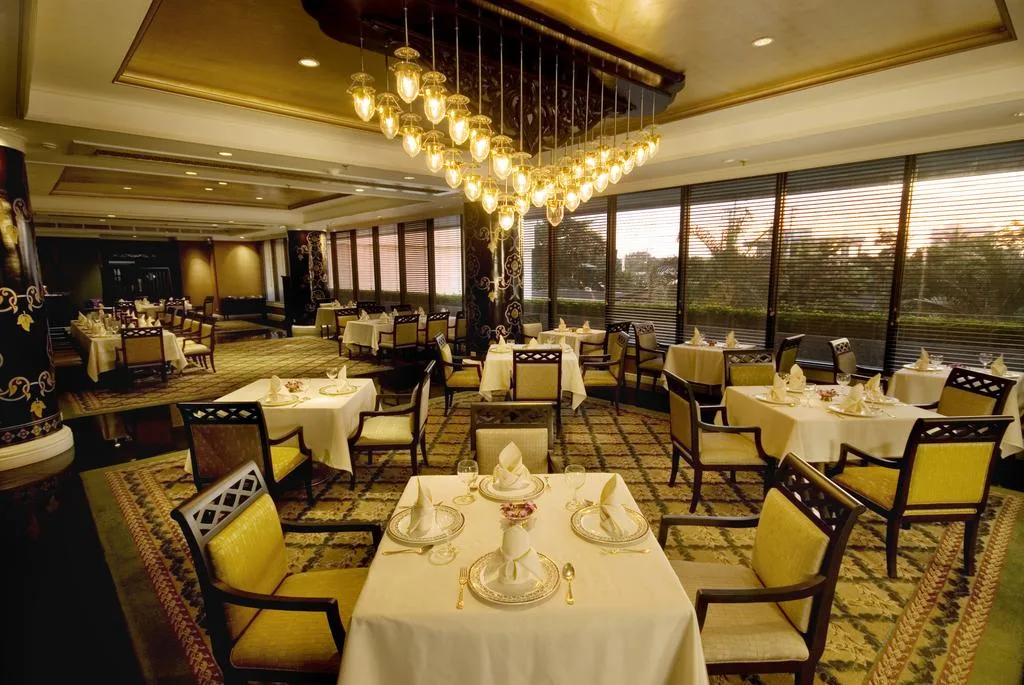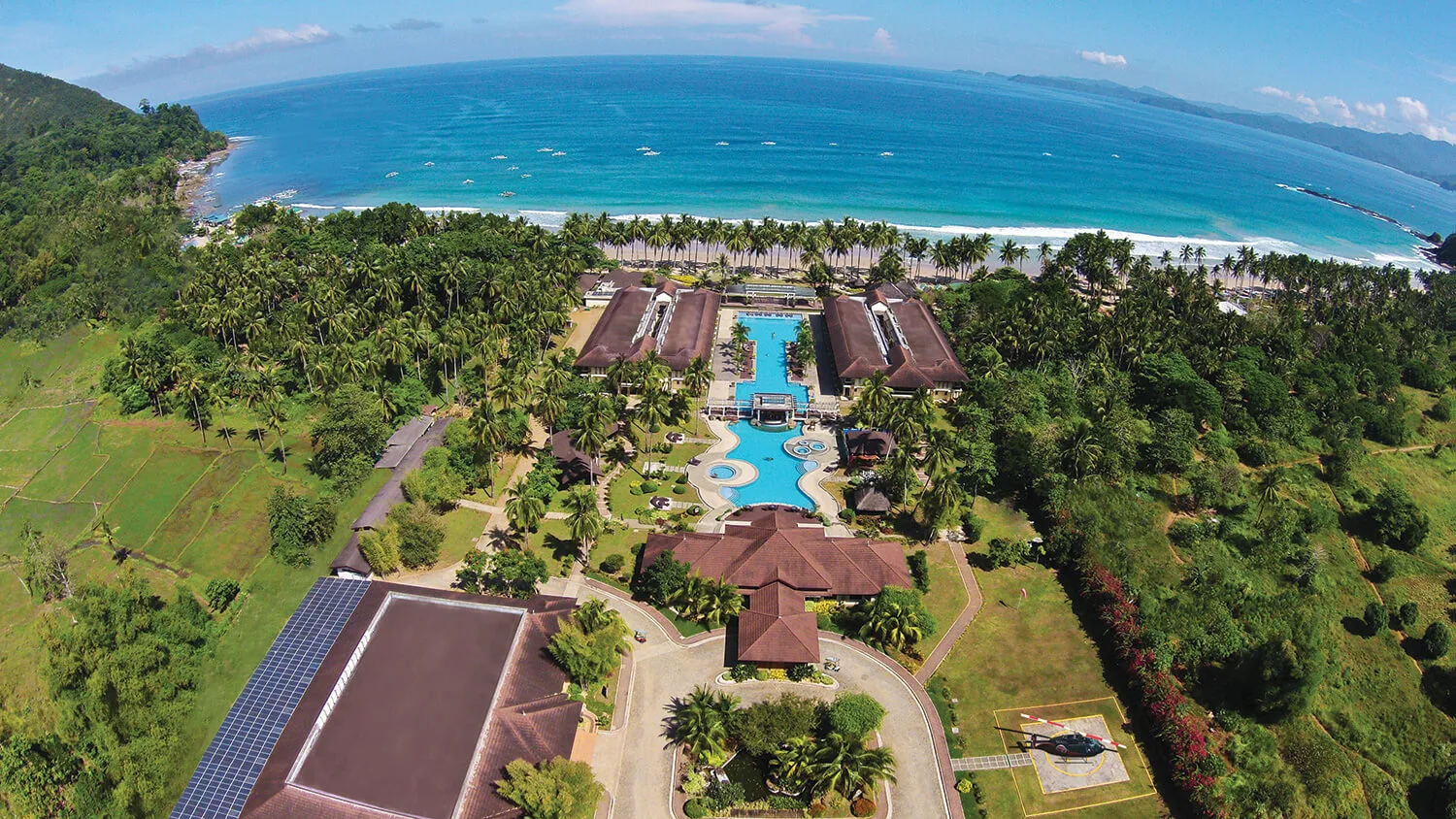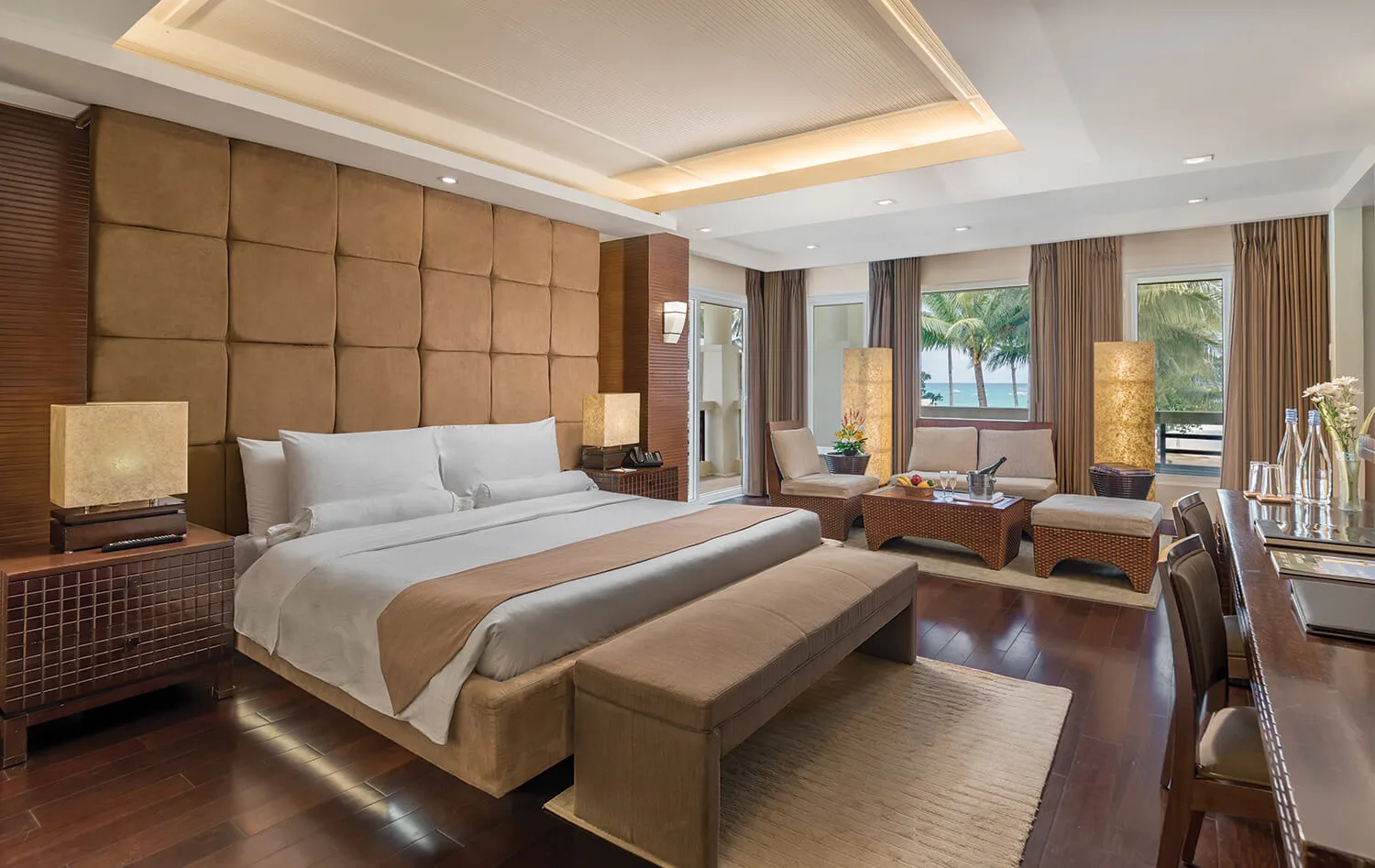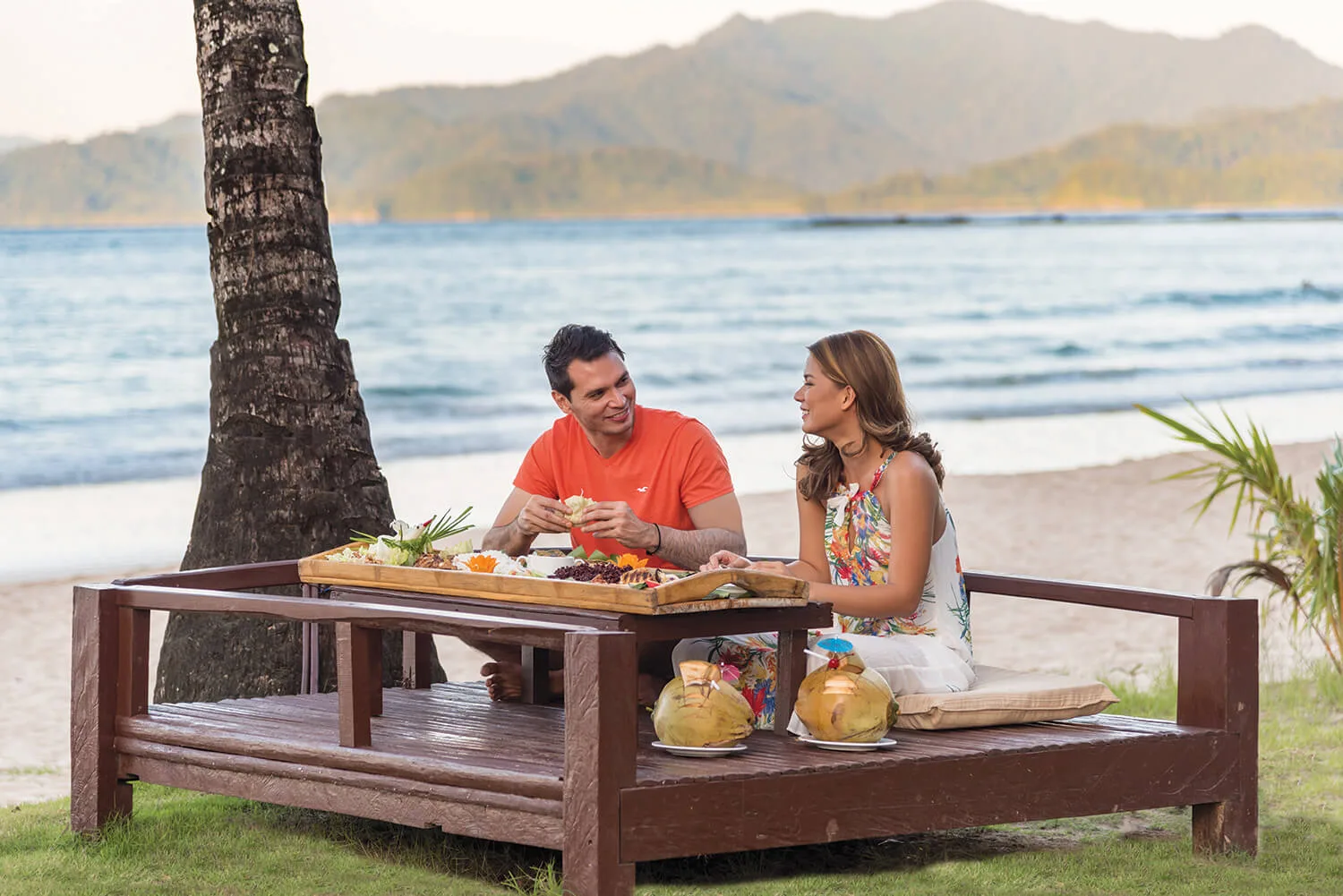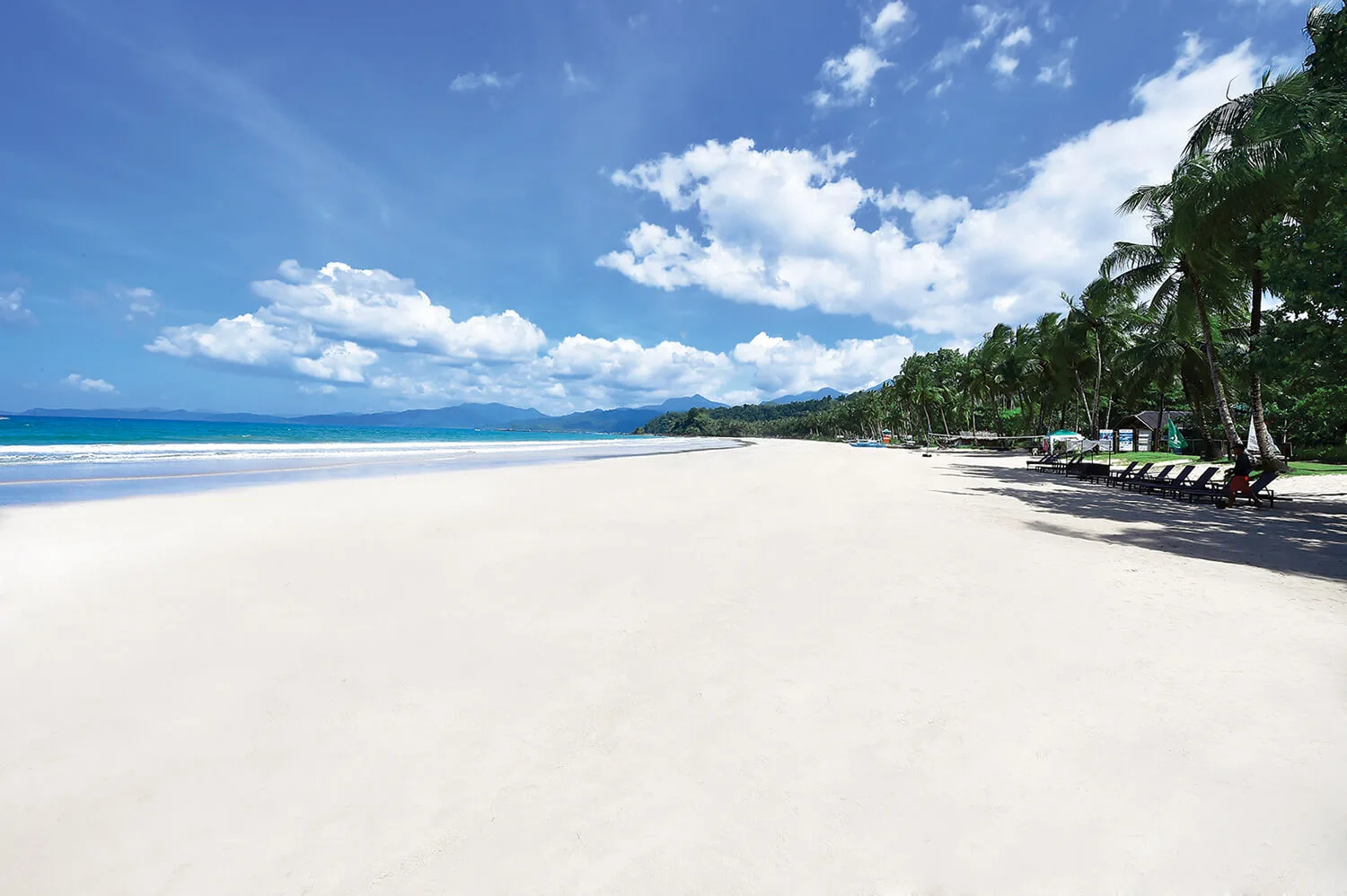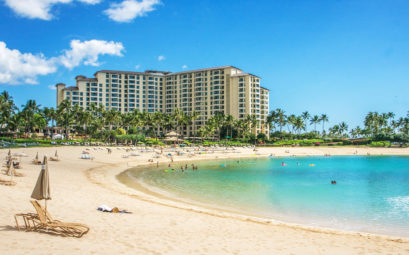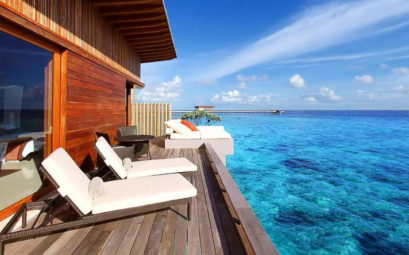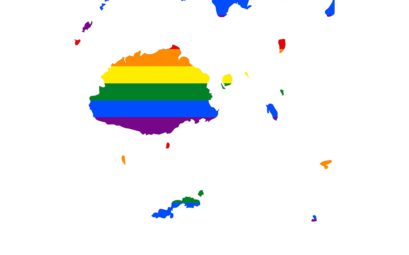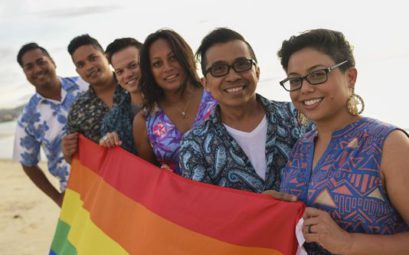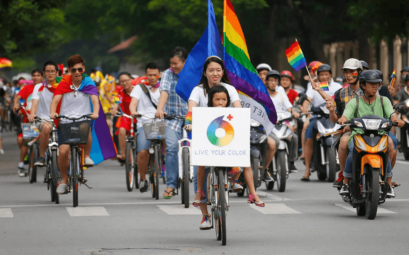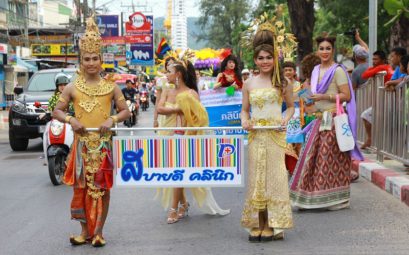Sri Lanka
With its many natural as well as man-made attractions, some of particular significance to the LGBTQI communities, it’s no wonder that Lonely Planet ranked Sri Lanka as the top country to visit in 2019. However, though there’s a number of very active, human rights groups acting on behalf of these communities, their legal rights are still to be formally addressed.
Homosexual activity in Sri Lanka between consenting adult males may be technically illegal, but gays are visible in culture and politics. Ironically, lesbianism was not mentioned in law until 1995 when the government reviewed laws and criminalised sex between women.
Well-known organisation Equal Ground is the convening organisation for Pride Sri Lanka.
This year, with the Australian Government – Department of Foreign Affairs and Trade, Equal Ground presented an eclectic array of movies for the Abhimani Queer Film Festival Program 2019 which ran in June – the 15th year it was held for the Festival Of Colombo Pride. www.equal-ground.org/ www.facebook.com/EQUALGROUND/
Established in 2004, Equal Ground works for the LGBTQI communities by raising awareness and through advocacy. A phone counselling service is also offered, and travellers are welcome to call about activities. Annual event Women On Top is held to celebrate International Women’s Day plus women-only events are held.
Lesbians travelling to Colombo can also contact The Women’s Support Group (WSG) for activities. Formed in 1999, WSG works for the rights of lesbians, bisexual women and transgendered persons. It also offers counselling for LBT women in distress.
Utopia was founded in 1995 and also focuses on protecting LGBTQI rights. It operates two drop-in centres – in Colombo and Kandy, conducts film screenings, hosts reading room facilities and social get-togethers. Counselling, STI/HIV testing, info and treatment is also provided. The organisation certifies businesses, travel guides, and accommodations that are LGBTQI friendly. Local activists are working to decriminalise private homosexual activities which they state are “enjoyed by more than one million ‘Utopians’ in Sri Lanka”. www.utopia-asia.com/index.htm
Resorts which are LGBT friendly include Kulansa, Mai Globe Travels, Range Travels, Sri Lanka Trekking Nature Holidays, SriLanka Tours. Those run by members of the local LGBT community include Foozoo Travel, Rainbow Happy Tours, and Vacation Srilanka, while Sri Lanka Blissful Island specialises in Lesbian-friendly excursions.
Unmissable attractions are the garden estates of the Bawa brothers, two of Sri Lanka’s most famous gay luminaries. Located on the coast, about halfway between Colombo and Galle (where a number of gay expats have retired), Geoffrey Bawa’s vast estate, Lunuganga is open for lunch, serving Sri Lankan cuisine, with guided tours by appointment. His architecture combines Ceylonese and colonial traditions with environmentally-sensitive modernism.
Bevis Bawa’s private pleasure gardens, known as Brief, are more sensual, filled with provocative sculptures as well as a large collection of drawings, paintings and photography.
Of note there is a significant Down Under influence, as Bevis was assisted by his live-in guest, famous gay Australian artist Donald Friend.
In Colombo, the former offices of Geoffrey Bawa are now the popular Gallery Cafe. This is a must-see venue, both for the tropical modern architecture and the rare opportunity to see a photo by another famous gay Sri Lankan, Lionel Wendt, who was a pioneer of the modern male nude, celebrating his Sri Lankan subjects.
Only 15 minutes’ drive north of Colombo’s international airport is Negombo, with a relaxed, gay culture. Budget airlines offer low priced flights from Kuala Lumpur and Bangkok to this peaceful beach resort. Seaside dining and bars, friendly locals and gay-only resorts make it a favourite holiday destination for jet-setting regional gays.
Here, the luxury Dickman Resort features nine exclusive and well-appointed rooms and suites around a charming Mango Garden retreat and large eco-friendly swimming pool. This private paradise with a ‘No Children’ policy also offers packages of tours with accommodation. www.dickmanresort.com
Not far is Sri Lanka’s long-running gay-friendly spa, the Spa Negombo. Located in a 19th Century Dutch villa, just 10 minutes from the International Airport, treatments range from Ayurveda to Thai to Shiatsu.
The area also features interesting gay-friendly eateries . Facing the ocean, The Container (made out of a shipping container) offers a variety of western foods as well as takeaway to enjoy on the beach. Dolce Vita is beside the beach and has delicious tiramusu, pizza and gelato. This Italian coffee shop has a terrace with great views. Gay-owned restaurant Lords is an arty, open air restaurant featuring Western and Sri Lankan food served with popular Australian wines.
There are many more places as well as ways recommended by Utopia for the LGBTQI traveller to meet up with locals in different parts of Sri Lanka which add to the many attractions that the country has to offer.

